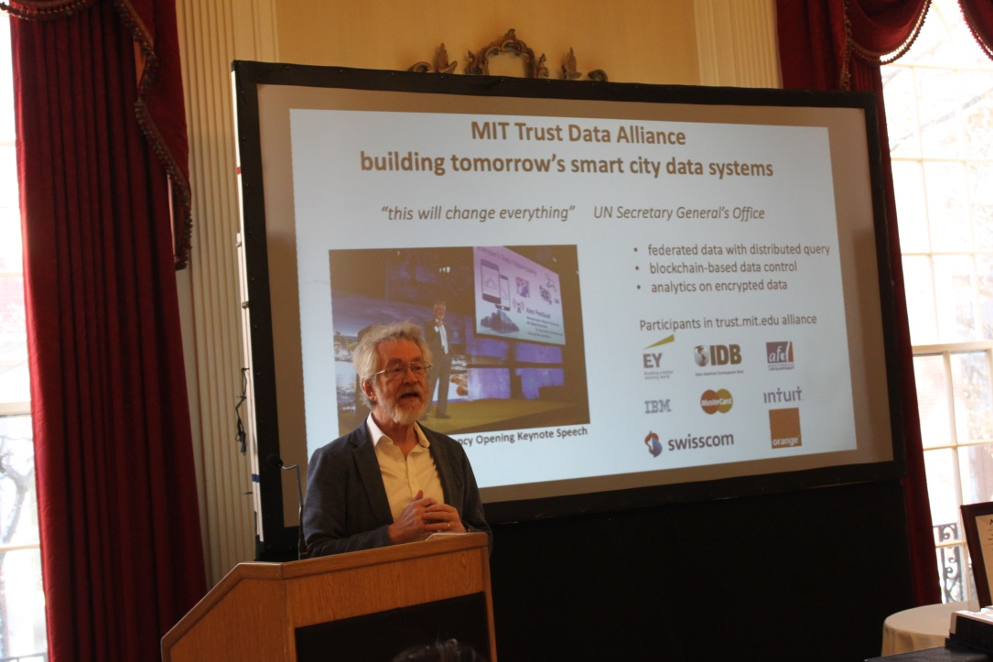Manifesto “AIWS Actions to create an Age of Global Enlightenment”
November 27, 2022
Boston, April 18, 2020
The economic devastation caused by the coronavirus has been swift. Tens of millions of jobs lost; retail sales have collapsed; and industrial production has fallen precipitously. But even as the government remains focused on containing the virus and caring for the sick, policymakers are starting to plan when and how to reopen the economy.
Restarting the economy requires contact tracing and using blood tests to certify who is sick, who has recovered, and who is at risk. This sort of certification is familiar: we already require tuberculosis test documentation for food workers and proof of vaccinations for childcare workers, for instance. This sort of testing and certification is what’s behind some of the most successful efforts at suppressing the disease in certain Asian countries, including Taiwan, Korea, and Singapore. These nations relied on “big brother” use of personal data, and authoritarian enforcement of quarantine and isolation. As the disease and recovery progresses, these countries now have a certified group of safe workers that can help restart the economy. But in democratic countries, this approach is seen as a threat to civil liberties.

To protect personal privacy, Prof. Alex Pentland, Director of MIT Connection Science, Co-founder of AIWS.net, proposes that hospitals, credit unions, banks, and other civic institutions serve as repositories for people’s health data, much as they already do for their financial and other personal information. This would form the basis of citizens’ “digital identity,” and would determine their ability to work and perform other activities. A key point is to keep personal data in local institutions who already have a “need to know” or are under direct citizen control, and avoid creation of national or state-wide registries since these are tempting targets for misuse. This could be easily integrated into the digital identity infrastructure that is already used for authenticating payments, citizenship, and other characteristics, could also help decide what sort of businesses are safe to reopen, and make contact tracing more efficient, without jeopardizing personal privacy.
AI World Society - Powered by BGF